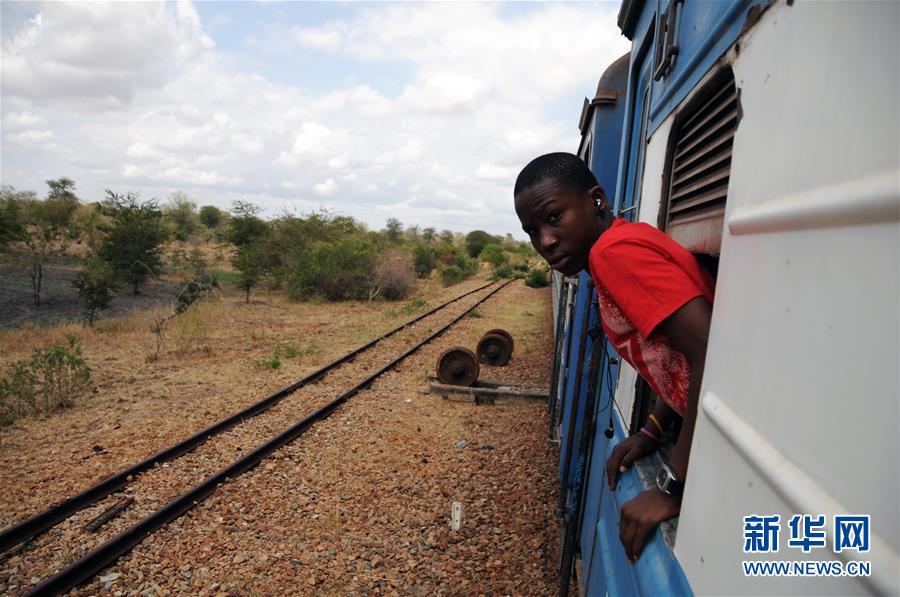Optimism flows in wake of infrastructure projects


China's engagement with Africa is transforming the way the people of the continent view their future thanks in large part to infrastructure projects that are feeding into a growing sense of optimism, a report finds.
The report, by the Africa Policy Institute, notes the benefits that African countries are enjoying with their participation in the China-proposed Belt and Road Initiative.
The report said China has committed billions of dollars to fund Africa's development priorities, especially in infrastructure and manufacturing. To further the continent's development, the Forum on China-Africa Cooperation was established in 2000. And the progress that has flowed from the bilateral platform is much in people's minds in the lead-up to next week's eighth ministerial conference of the forum in Senegal.
As a result of these efforts, China has become Africa's biggest trading partner and source of foreign direct investment and development assistance.
China's investment flows soared from $75 million in 2003 to more than $2.7 billion this year, said Peter Kagwanja, the chief executive of the Africa Policy Institute, a think tank in Nairobi, Kenya.
Forty-five percent of Chinese foreign aid went to Africa between 2013 and 2018, Kagwanja said.
Between 2000 and 2019, Chinese financiers signed 1,141 loan commitments worth $153 billion with African governments and their state-owned enterprises.
The institute's report, titled,"Shared Prosperity: Tracking the BRI in Kenya", said China's development footprint in Africa has seen the continent's economy grow by 50 percent in the past decade, against a global average of 23 percent.
Kagwanja said China is an integral part of Africa's success story in infrastructure development, noting that the continent's vast infrastructure deficit had constrained its growth for decades.
"The continent has always needed a reliable partner to help it develop its infrastructure. China has been that partner," he said.
Most of the 55 African Union member states are participating in the BRI. Since 2013, China committed over $120 billion to fund Africa's development priorities as defined in the African Agenda 2063 program and country-specific blueprints.
Enabler of UN goal
Observers see the BRI as an enabler of the United Nations' Sustainable Development Goals. According to a 2019 World Bank report, some 7.6 million people in countries participating in the BRI will be lifted out of extreme poverty and 32 million others out of moderate poverty globally.
Peter Kaberia, principal secretary in Kenya's state department for industrialization, said the BRI has improved Africa's interconnectivity, breaking boundaries and catalyzing intercontinental trade.
"Africa is the continent that is still envisioning its manufacturing capacities. The BRI is essential in realizing this vision for Africa," he said.
Zhou Pingjian, the Chinese ambassador to Kenya, said China will continue to pursue the BRI as a priority.
"As China embarks on a new historic journey, we stand ready to deepen the China-Africa partnership and promote sustainable development to build a China-Africa community with a shared future in the new era," Zhou said.
Kagwanja has no time for the criticism-mostly heard in Western countries-that Chinese-funded infrastructure projects will cause debts to pile up in African nations. The pro-development initiative is the continent's surest path to shared prosperity, he said.

































